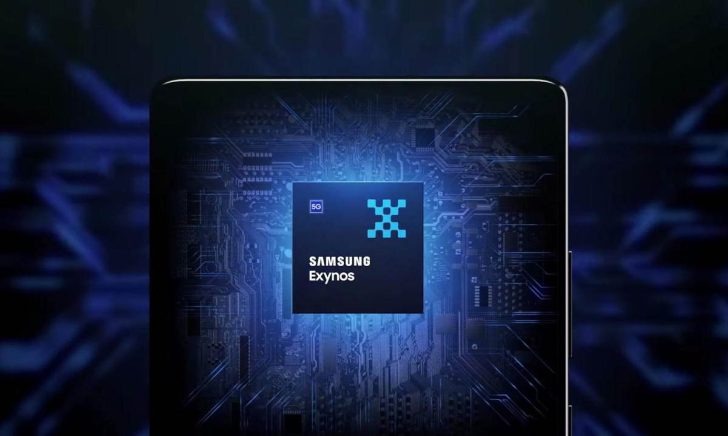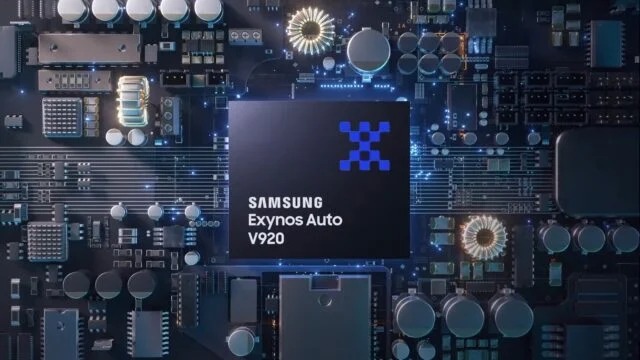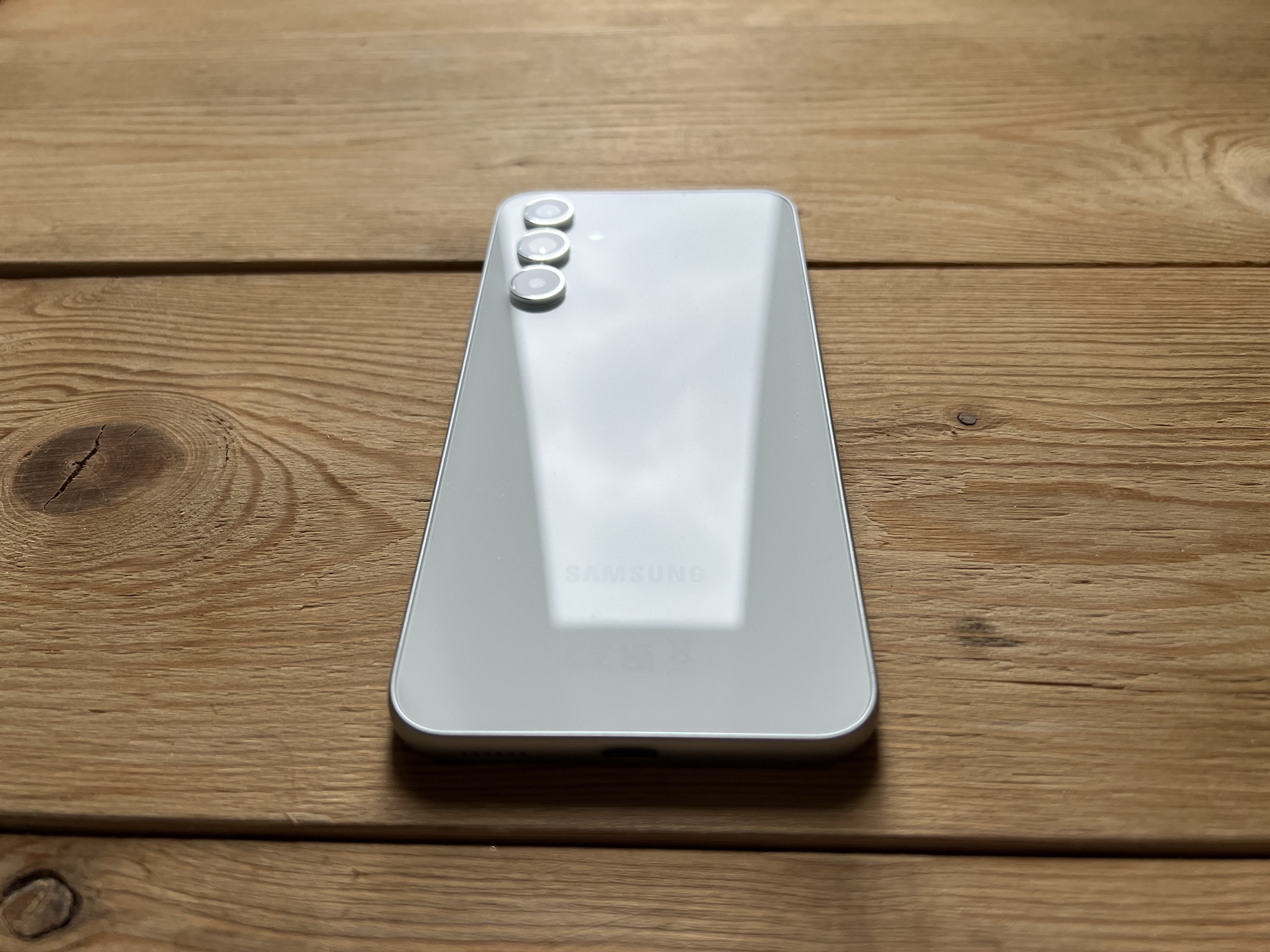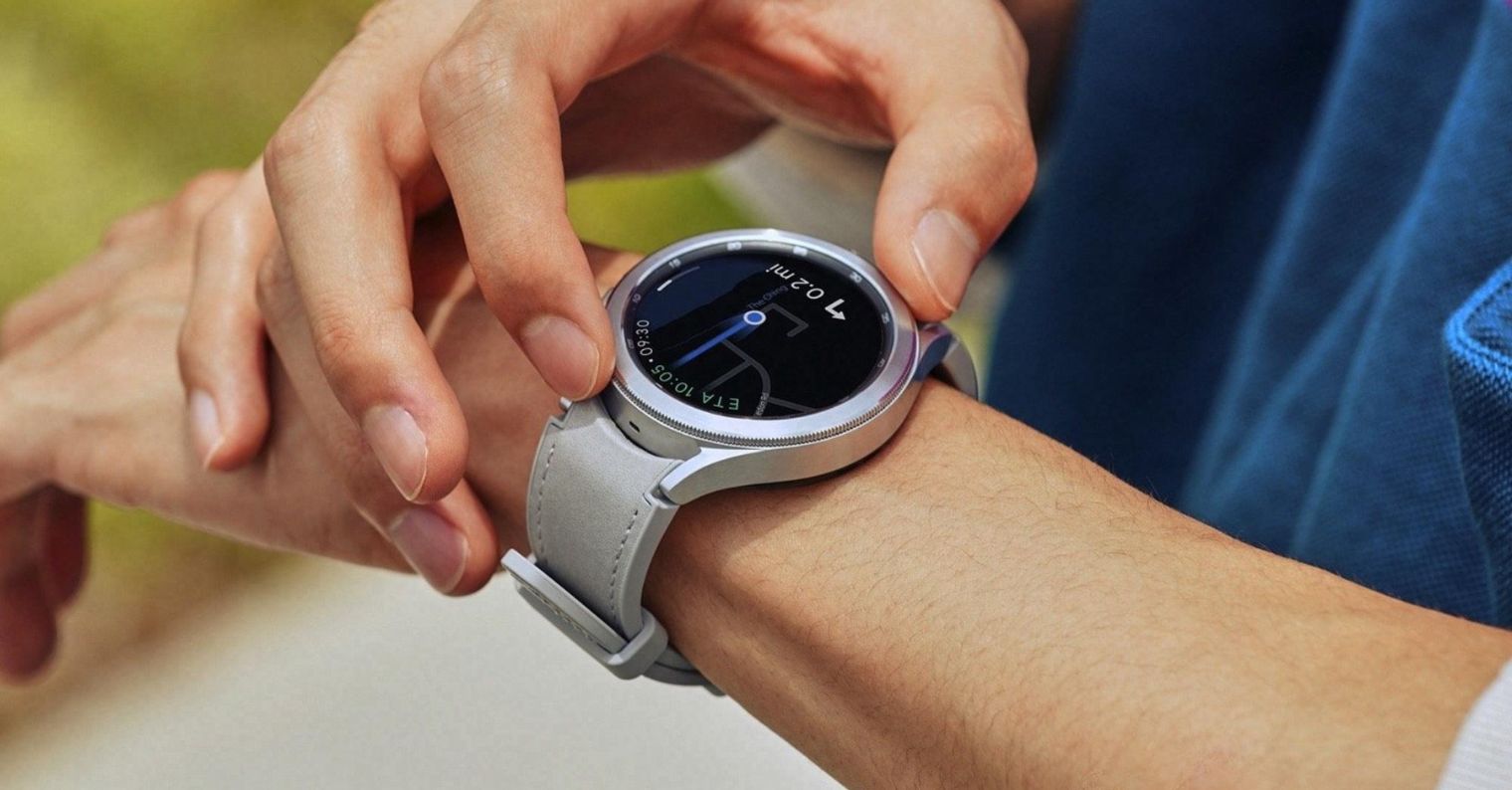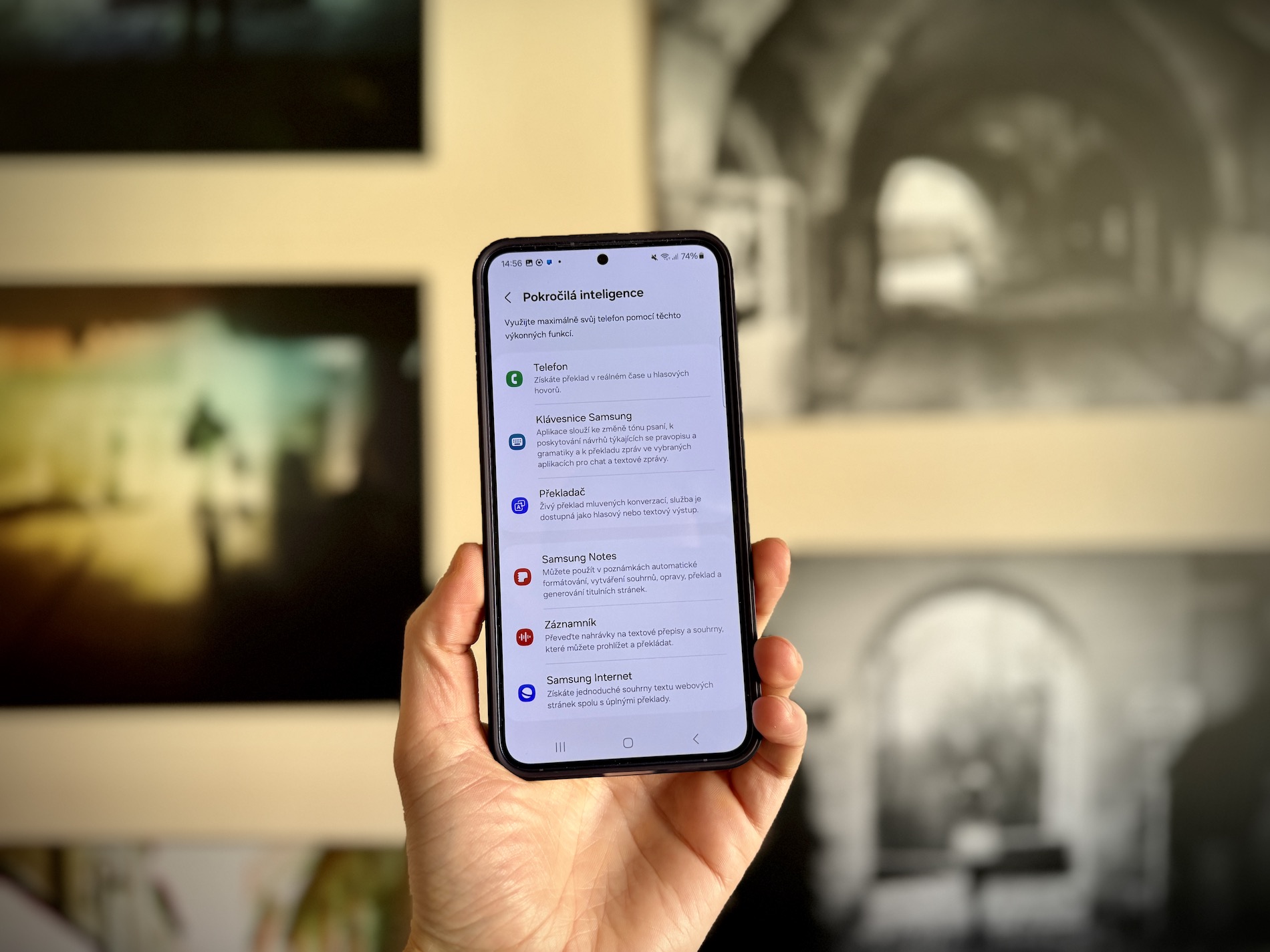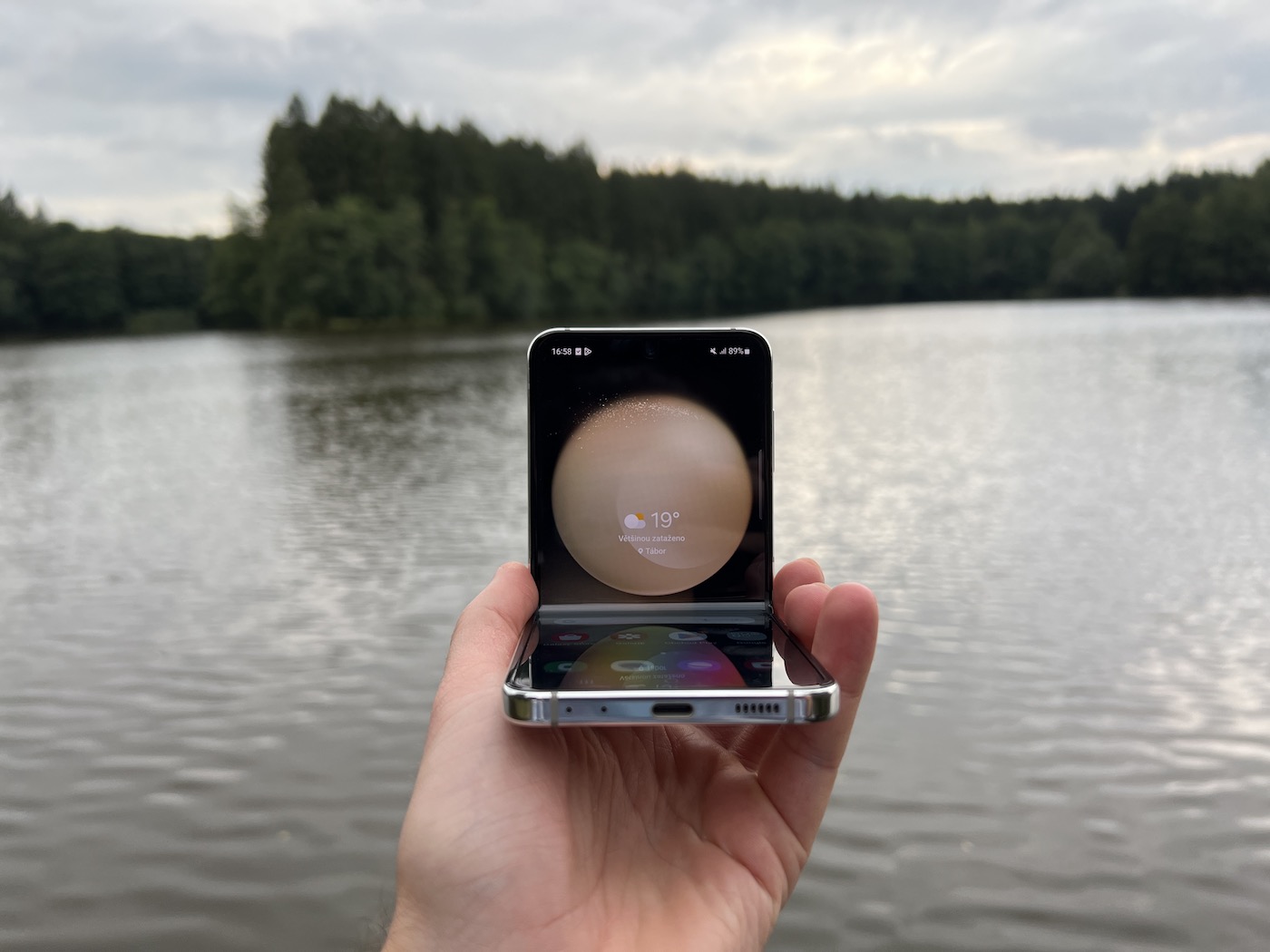Samsung's System LSI Tech Day 2023 event took place yesterday, where the company unveiled several semiconductor technologies and chips, with the most important being the Exynos 2400. This is the Korean giant's new mobile flagship chipset, replacing the Exynos 2200 that was launched early last year .
Samsung unveiled a new high-end Exynos 2023 mobile chipset yesterday at the System LSI Tech Day 2400 technology event held in San Jose, California. neither is the Exynos 2400. The new flagship chip will most likely power Samsung's next flagship Galaxy S24, which should be released early next year year.
Samsung claims the Exynos 2400 offers 70% faster processing power and 14,7x faster AI processing than last year's flagship Exynos 2200 chipset. The new chipset integrates the Xclipse 940 graphics chip, which is built on AMD's latest RDNA3 architecture and which Samsung says offers better gaming and raytracing performance.
In terms of AI capabilities, the company has unveiled a new AI tool designed for the next smartphones (probably the series Galaxy S24), which can use the Exynos 2400 to demonstrate generative artificial intelligence when converting text to an image. For the demonstration, a reference board was used to measure the performance of the new chipset. Samsung added that it wants to use generative AI across the spectrum of logic semiconductors, in connectivity and in sensors that mimic the five human senses.
The Exynos 2400 is equipped with a new modem that is compatible with NB-IoT (Narrowband Internet of Things) and NTN (Non-Terrestrial Networks) technologies. This suggests that the series Galaxy S24 will have two-way satellite communication that can be used for sending emergency messages.
You could be interested in
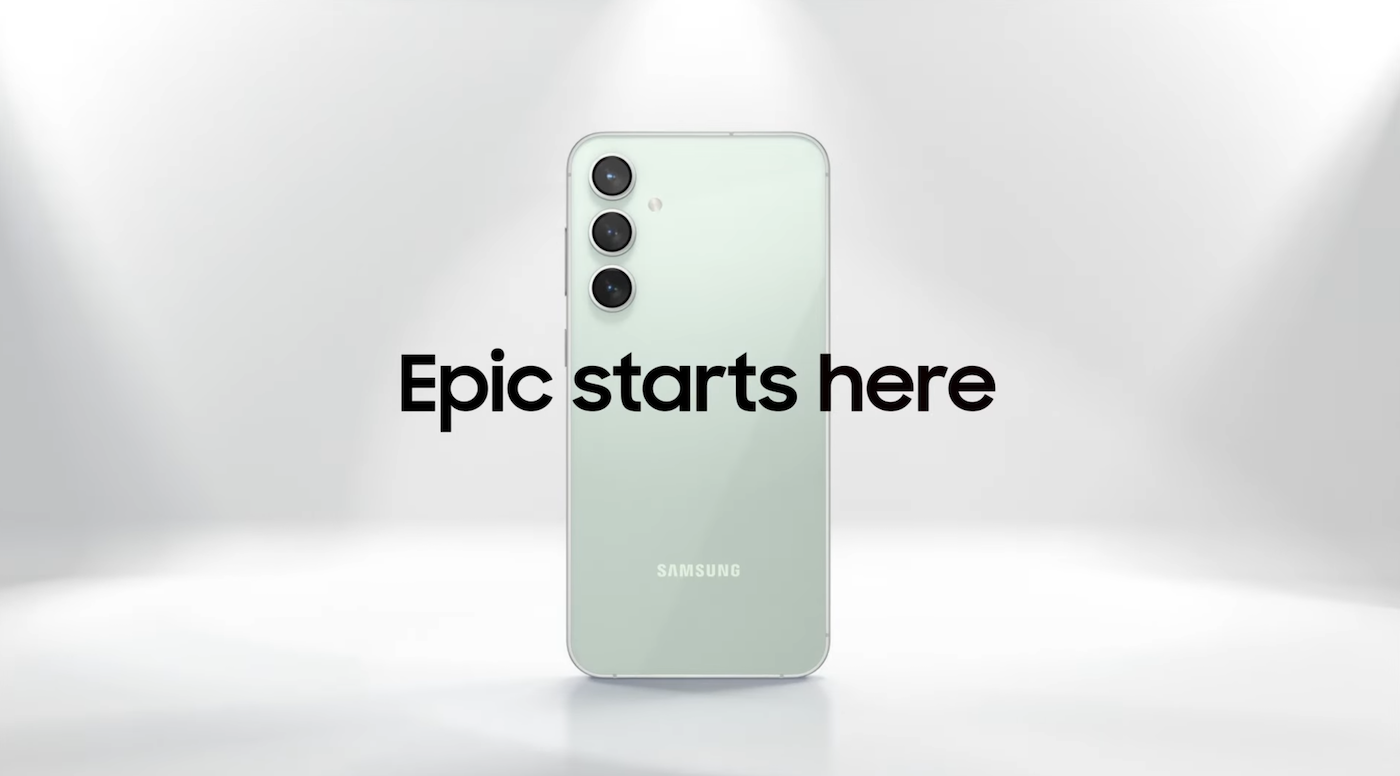
At the event, Samsung also introduced the Zoom Anyplace technology for its 200MPx photochips. It claims to offer "a whole new camera zoom experience that allows mobile users to capture up to 4x close-up shots of moving objects without any image degradation".
Finally, Samsung unveiled the Exynos Auto V920 chip for the automotive industry. It is a 10-core processor that can run multiple applications on multiple screens in connected cars. The ISOCELL Auto 1H1 image sensor offers a dynamic range of 120 Hz, LED flicker mitigation for better safety and advanced assistance technologies in autonomous vehicles.
